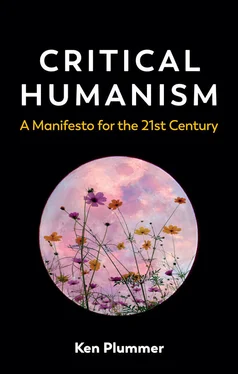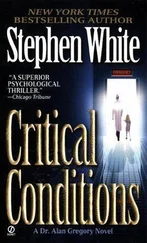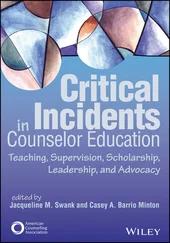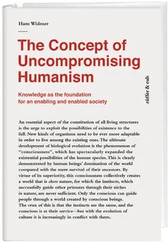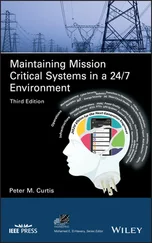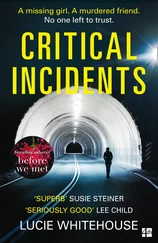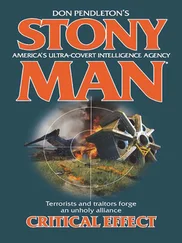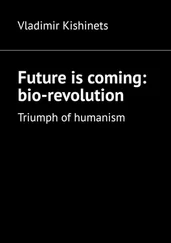6 A valuing humanity How have we built a long and distinguished history of human values? We have become the distinctively ‘moral animal’ that dwells in a culture with ‘values for living’. Can there be worldwide values that will bring us together?
7 Transformative humanity What kind of futures do we want? We have become the creative creatures: we bring new things into the world. Can we create ways of making a better future that will connect all peoples, life and the earth?
8 A politics of humanity How can we act in the world to bring about change? How can we use creative political actions to bridge the local and the universal? And reconnect us all to earth, life, world and the cosmos. Can we create a globalization of better worlds for all?
Critical humanism establishes a politics of humanity. It asks (a) How can we reduce the human harm and hazards in the world, especially for the vulnerable, exploited and marginal? (b) How can we connect lives to the continuity and richness of the earth we live on? (c) How can we build creative and flourishing human worlds for all?
We look for harm reduction , connectivity , flourishing .
Critical humanism becomes both a worldly project of human connectivity and a global narrative that expands on this. It claims a critical stance by appreciating that humanity and humanism act as a narrative that shifts over time and space, bringing about historically grounded ‘projects’ as humans go in search of meaning. It can never be a pure universal constant. But it will most surely show slender threads of ‘fallible continuities’ – ways of making broad but tentative connections. There is no fixed meaning of humanism or humanity: they operate as a narrative that draws from a widely held pragmatic view of the workability, yet fallibility, of the everyday world. 8
The idea of humanism is not always seen in quite this way. (More commonly it is seen as a fixed universal linked to some version of human nature.) But I think this more critical, long narrative view is helpful: it shows how the very idea of humanity and humanism, indeed the words themselves, signifies changing historical understandings developed in different contexts by different groups. What is claimed to be human at one moment in history may not be so claimed at another, even if slender threads hold them together. Our narratives are multiple in form, producing claims that are contested by (usually political) groupings. In all this, I draw from both classical humanism and a humanist sociology, but move beyond them.
Ultimately, I argue that the narrative of humanity is a changing, multilayered and plural idea. It introduces a value struggle over what it means to be a human being. Always diverse, it recognizes the need for a cooperative mutuality that will connect us all in the sharing of a universal planet. Some kind of ‘common ground’ has to be found to create visions of life and a future. We need some kind of global human imagination, practice, aesthetics, ethics and politics to go with it. ‘We’ (and by this I mean, rather immodestly, you, me and the whole damned human world) have to move through our differences. We have to find some of the things we can agree on. And this is a key theme of this book. Critical humanism seeks a narrative for the betterment of a global humanity, in all its rich connected diversity, by enhancing the world for all in each generation. This just might be a commonality worth trying for. We need here to think and talk, a little, like a planet.
The critical humanist imagination moves from a unique, but limited, little human being towards a vision of a collective way of ‘living with difference’ – of all being valued and connected to a wider planetary world. It moves back and forth between the biological and the cosmic, the local and the global, from personal sufferings to political transformation. It is grounded in a paradox: while it recognizes just how fragile, contested and divided our humanity is, it also challenges us to ask how we human beings can build a world of shared common humanity that enables us all to flourish and live well with each other and our differences.
The Plurality and Hybridity of Humanisms, Humanity and the World
And so, let’s see humanity at its most expansive and generous. Humanism suggests a theory and practice of what it means to be human and to live a vibrant human life in an infinite pluriverse of time and space. But there is never just the one way: humanism appreciates the rich diversities of humanity in an ever-changing world, and the way in which human beings struggle to make sense of their lives, ultimately building worlds that intermingle with one another, with animals and with other things. A little while back, the sociologist Alfred McClung Lee, a much-ignored champion of a humanistic sociology, saw humanism emerging everywhere throughout history:
Humanism has figured in a wide range of religious, political and academic movements. As such it has been identified with atheism, capitalism, classicism, communism, democracy, egalitarianism, populism, nationalism, positivism, pragmatism, relativism, science, scientism, socialism, statism, symbolic interactionism, and supernaturalism, including versions of ancient paganisms, Hinduism, Buddhism, Judaism, Roman Catholicism, Protestantism and Mohammedanism. It has also been rationalized as being opposed to each of these. It has served as an ingredient in movement against each. And these terms do not at all suggest all of humanism’s ideological and social associations. 9
This listing is not exhaustive: how could it be? There are many practitioners who make very particular claims: for example, Mahatma Gandhi’s nonviolent, pacifist humanism , Franz Fanon’s new humanism , Edward Said’s democratic worldly humanism , Marcus Morgan’s pragmatic humanism , Martha C. Nussbaum’s ‘cosmopolitan-cultivation- capabilities ’ humanism , Paul Gilroy’s antiracist planetary humanism , Jeffrey Weeks’s radical humanism , Judith Butler’s mortalist humanism , Cornel West’s prophetic humanism of love , William E. Connolly’s entangled planetary humanism , Roberto Unger’s new religious pragmatic humanism – and many more.
To take just one major example. Edward W. Said was one of the world’s leading cultural critics of the late twentieth century. His work Orientalism spearheaded the postcolonial movement and decolonization. He argued for a position that many claim is anti-humanist. But this is not so. From his earliest works to his very last, he remained a staunch, if critical, humanist. As he famously said: ‘Humanism is the only … I would go as far as to say the final resistance we have against the inhuman practices and injustices that disfigure human history.’ 10Working with this is a wide array of humanisms in the making that highlight the struggles of a range of human peoples: indigenous, disabled, colonized, racialized, gendered, queered. This curious listing seems endless. Diverse humanisms provide a deep flow of rich thinking. 11
Debating Humanism: Learning from Controversies
With all this, why might another humanism be needed? Here I discuss some controversies of recent developments in humanist thinking. I claim that a great deal can be learnt from these arguments, but we need to make connections and move further.
Humanism as Western Enlightenment
I start straightforwardly: with the widely accepted claim that humanism is a Western phenomenon and derives from the Enlightenment. This view has been promoted over the last 250 years; it is pervasive in the academy and the West, and its most prominent, popular proponent these days is the cognitive psychologist Steven Pinker. 12For Pinker, humanism begins with the ancient Greeks, is rediscovered in Renaissance Florence, and accelerates with the science and rationality of the Enlightenment. It claims to be the harbinger of unmistakeable essential human progress. And such ideas have been widely influential. But they flag just one form of humanism bound up with one narrow ‘Western’ context. It is better to call it just that: ‘Western Enlightenment Humanism’. It should not be allowed to completely overwrite the rich diversity of earlier and wider claims for thought about humanity across world history. If followed, it can indeed become part of the much wider dominance and hegemony that male Western thinking has been busy claiming for itself over the past 500 years or so (a view recently claimed as narcissistic in the extreme 13). It seems, rather perilously, to have claimed to be the only serious thought in the world! Creating a monologic world, it has denied the rich reality of a ‘world of many worlds’, a ‘plural world’.
Читать дальше
